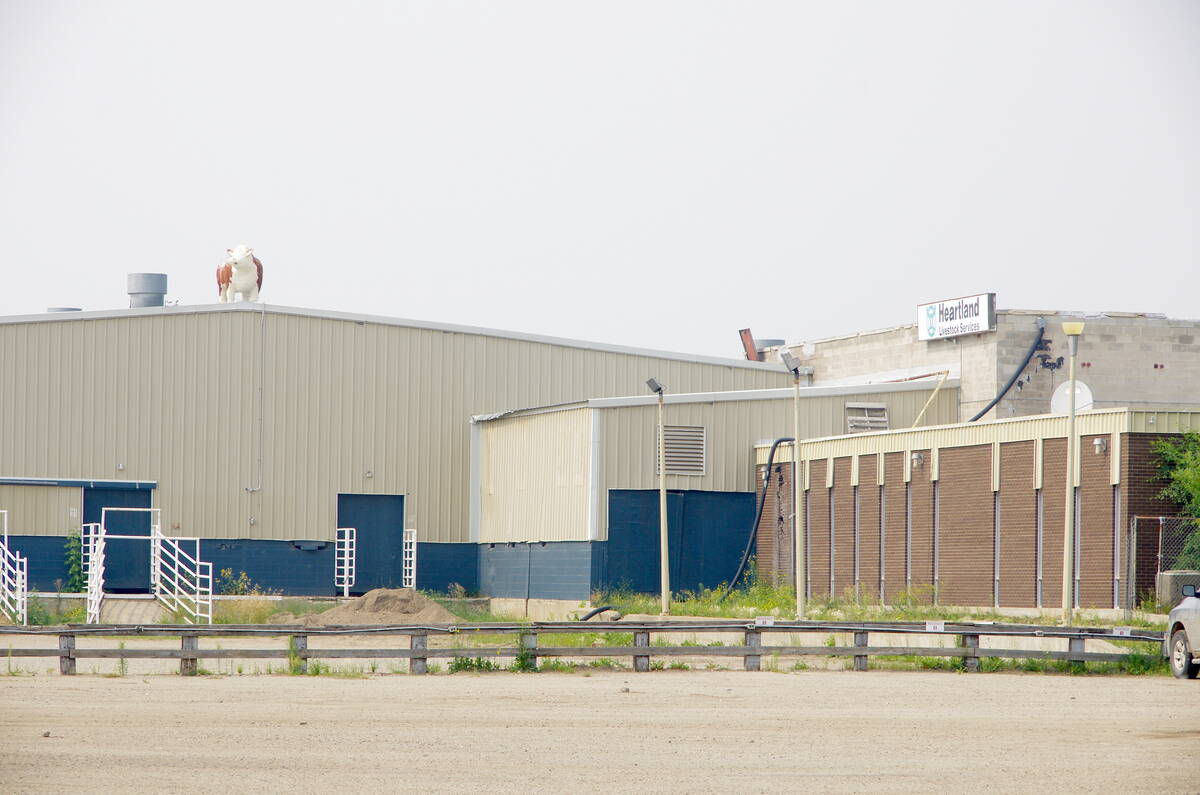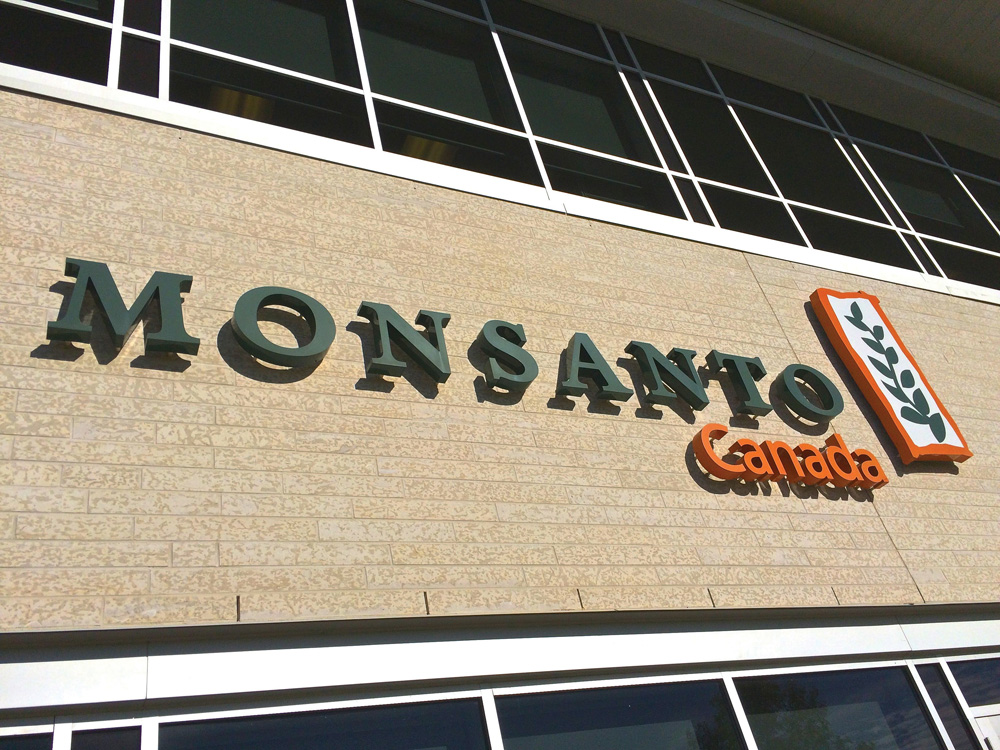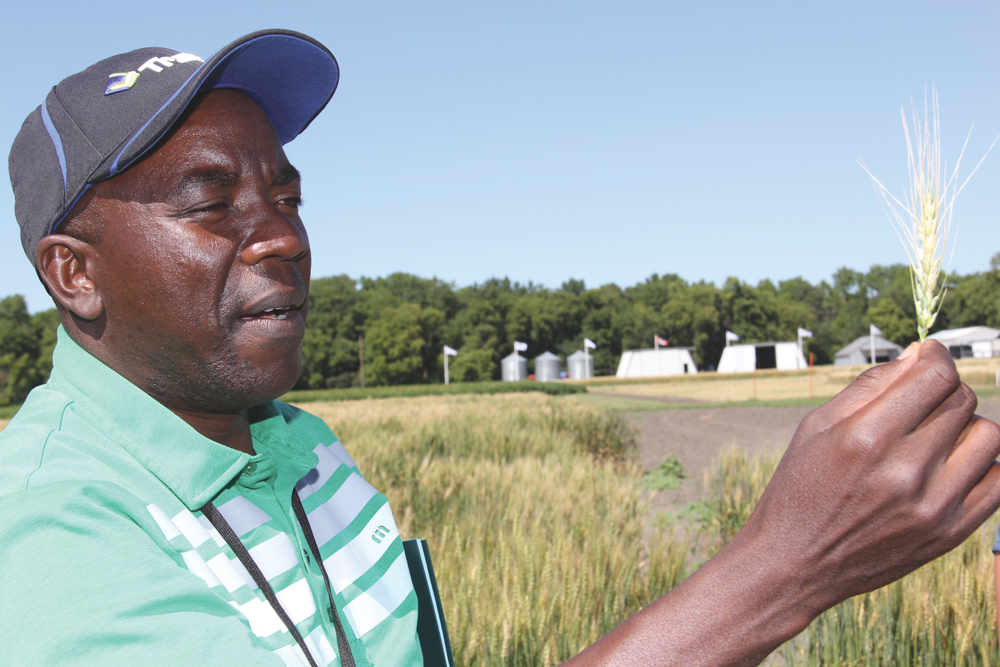It’s unknown how many of the 2,600 employees Monsanto plans to cut globally over the next two years will be in Canada, but farmers and retailers shouldn’t notice much change, says Trish Jordan, Monsanto Canada’s director of public and industry affairs.
“I would say in terms of our working relationship and engagement with our farm and retail customers, we don’t see much changing,” Jordan said in an interview Oct. 8. “We actually believe this transition will help us do a better job of servicing that farm customer in the future because it’s going to change some of the ways we work.”
Read Also

Heartland Livestock Services closes Brandon auction mart
Heartland Livestock Services announced the closure July 25. The Brandon auction mart has been a historic standby for Manitoba beef producers selling their cattle.
Monsanto announced Oct. 7 it’s cutting 2,600 positions — 11.6 per cent of its global workforce — and restructuring to cut costs in anticipation of lower revenues in 2016.
“It’s about making those tough decisions now so that we’re in an even better spot when we get out of this challenging agricultural market we have right now, which is impacting our business,” Jordan said.
Besides lower grain prices the high American dollar and Chinese competition in glyphosate manufacturing has hurt Monsanto’s earnings, Jordan said.
Monsanto Canada has been doing well, but its returns to global headquarters are partly eroded by Canada’s much weaker dollar. It’s the same story for Monsanto divisions in other parts of the world, she said.
“Commodity prices are low,” Jordan added. “That puts pressure on our farmer customers and we have to be cognizant of that. We have to adjust accordingly.”
To try to shore up investor confidence, Monsanto announced a $3-billion accelerated-share repurchase program that chairman Hugh Grant said would be completed in the next six months (all figures US$), Reuters reported.
Monsanto said it expected to incur restructuring costs of $850 million to $900 million. When completed, the moves should help save as much as $400 million a year.
Monsanto isn’t suffering alone. Swiss rival Syngenta, which Monsanto tried to acquire over the summer, has said it’s trying to boost earnings by selling a vegetable seed business and undertaking a $2-billion share repurchase. And DuPont, which operates agricultural seed seller DuPont Pioneer, has lowered its profit outlook.
Monsanto forecast earnings per share of $5.10 to $5.60 for its new fiscal year, which began on Sept. 1. That’s well below many analysts’ expectations for more than $6.
The company said its losses widened to $1.06 a share in the fourth quarter ended on Aug. 31 from 31 cents a year earlier.
Of the 2,600 positions to be scrapped half will likely be in the U.S. and the rest in other countries, Jordan said. Monsanto Canada, which is headquartered in Winnipeg, has 300 employees.
“We are already very, very lean,” Jordan said.
“There will be an impact of some sort (in Canada). We’re in the process of evaluating the needs of the Canadian business right now so we don’t have a finalized plan,” she said.
Jordan said the Canadian market is an important one to Monsanto. “We know people are interested in both existing technologies and new innovations we’re bringing to market. We are also a key contributor to Monsanto’s global business in terms of providing a good, solid stream of revenue.”
The company’s long-term strategy includes adding new business lines, including seed treatments, microbials and data science (precision agriculture).
“As we’re telling employees our business is strong, we’ve got a good customer base here, and we’ve got some great products coming down the pipeline (including glyphosate- and dicamba-resistant crops),” she said. “We’ve just got to figure out how it fits in the new direction.”
With files from Carey Gillam, Reuters




















